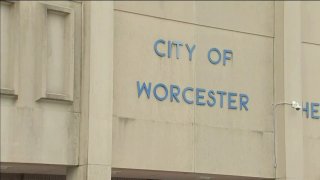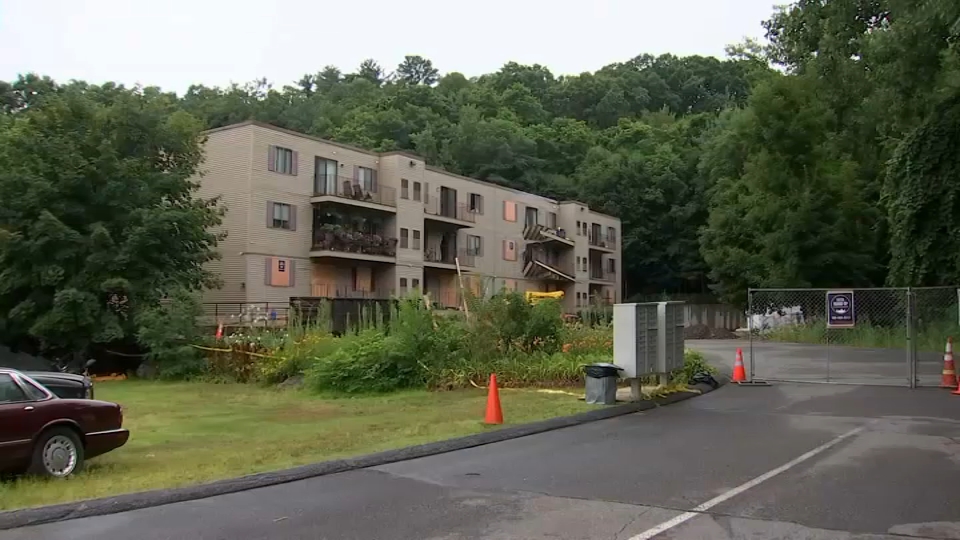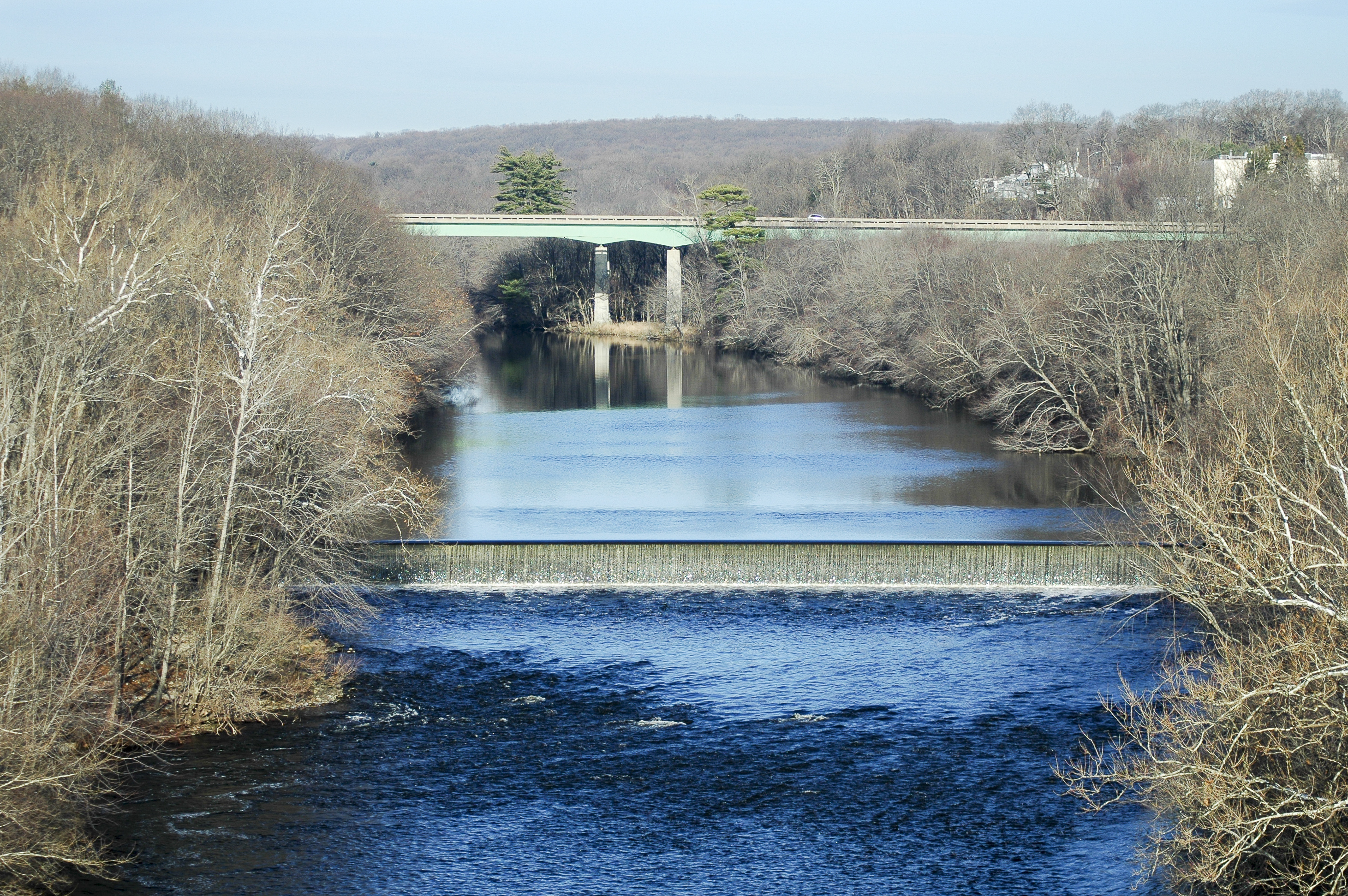
The City of Worcester has temporarily closed down a reservoir and beach after finding surface scums containing bacteria, often referred to as blue-green algae.
City officials on Wednesday announced the closure of the Coes Reservoir, including Binienda Beach, also known as Coes Pond Beach, until further notice. People should stay out of the water, avoid boating and fishing and keep pets out of the water.
WATCH ANYTIME FOR FREE
>Stream NBC10 Boston news for free, 24/7, wherever you are. |
The closure comes after cyanobacteria-containing surface scum, or blue-green algae, was identified along the lake's shoreline. The City of Worcester says it has an active cyanobacteria monitoring and management program, which is aimed at keeping lakes safe for both recreation and wildlife.
City officials say cyanobacteria are naturally occurring but can be harmful in high densities. If you or your pet has had contact with the surface scums, wash off with fresh water immediately. If your pet has ingested any of the scums, officials say you should contact your vet. According to the Centers for Disease Control and Prevention, cyanobacteria can kill a pet in a matter of hours or days.
Get updates on what's happening in Boston to your inbox. Sign up for our >News Headlines newsletter.
The lake will remain closed as more testing is conducted. The city will test for both cyanobacteria and cyanotoxins, and reopen the lake when it is determined safe to do so.



